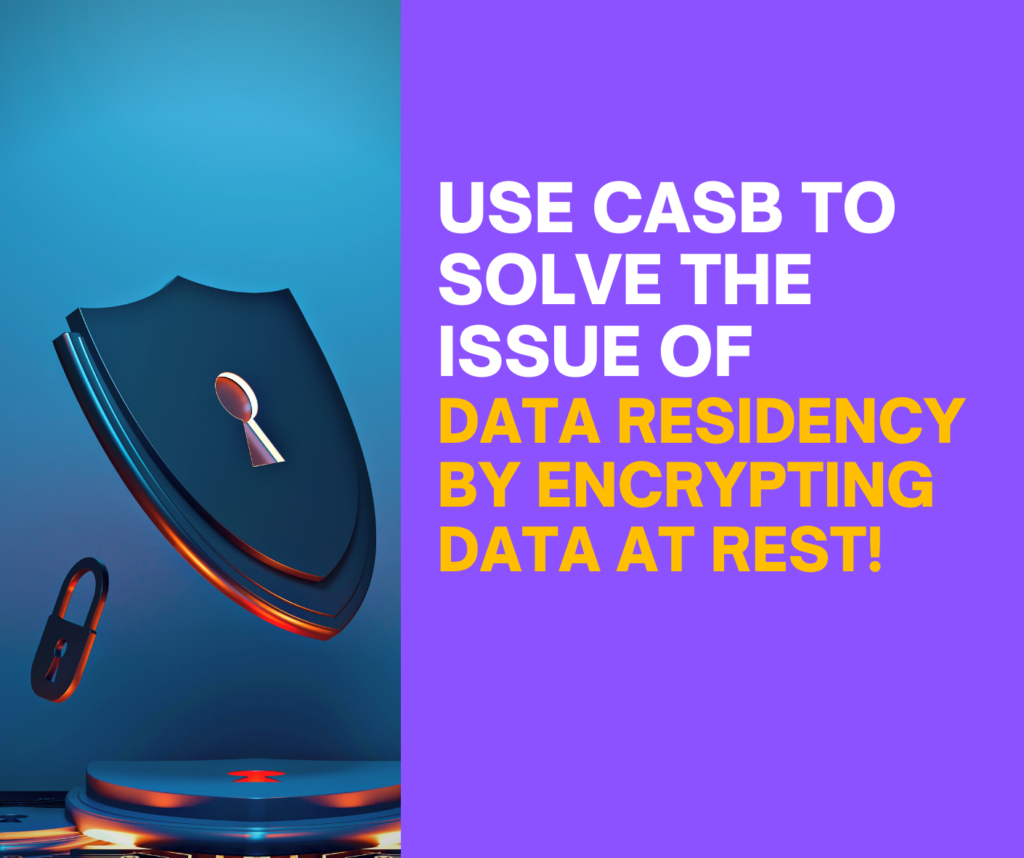In July 2023, the Cybersecurity & Infrastructure Security Agency (CISA) issued nine advisories regarding Industrial Control Systems to prevent security issues, vulnerabilities, and exploits that could harm the Energy, Water, and Electrical sectors. As there are around 4.9 billion internet-connected individuals, everyone is in danger.
How does CASB work? Essentially, your enterprise is utilizing CASB to define risk levels for cloud-based applications and what can be used—for example, Dropbox (High Risk) or One Drive (Low Risk). We will discuss each approach’s pros, cons, potential cost savings, issues, concerns, and benefits.
CASB Solution: A Cloud Access Security Broker (CASB) is a vital intermediary between on-premises infrastructure and cloud services, ensuring secure cloud usage. Here are some key aspects:
Pros:
- It has enhanced visibility and control over cloud applications and data.
- Enforces security policies consistently across cloud environments.
- Monitors and mitigates risks associated with cloud usage.
- Offers data encryption, access control, and threat detection features.
Cons:
- Implementation and integration complexities may arise depending on the existing infrastructure.
- Adoption may require employee training and change management efforts.
Possible Cost Savings:
- By consolidating security measures into a centralized CASB solution, businesses can save costs that would have been incurred by using multiple standalone security tools. Additionally, efficient risk mitigation can prevent potential financial losses from data breaches or compliance violations.
Issues and Concerns:
- Before utilizing different cloud platforms and services, it is essential to thoroughly evaluate and configure their compatibility. During the initial implementation phase, there is a possibility of experiencing latency or disruption of cloud services.
Benefits:
- CASB has taken steps to enhance the security of our cloud systems, providing better protection for our data. Our compliance with data protection regulations has also been reinforced. Furthermore, we have boosted our ability to adapt to cloud services quickly and easily with greater agility and flexibility.
What are the components of a CASB solution? They include: 1. Authentication of users, 2. Authorization for access control, 3. Credentialing, 4. Device profile, 5. Encryption, 6. Logs, and 7. The ability to set and identify network alerts.
CASB provides clear visibility and control for the CISO or security leaders of an organization to monitor and manage unauthorized access to non-sanctioned applications. If Dropbox or Google Drive violate preset policies, they can be identified and sanctioned.

As a leader, you can use CASB to solve the issue of data residency by encrypting data at rest. This will provide additional protection for your cloud-stored data against potential data breaches. CASB also offers threat protection by alerting the IT staff about detected threats within the organization based on the user’s behavior. CASB has significantly risen over the past few years as organizations increasingly adopt cloud services and prioritize cloud security.
There are multiple vertical sectors that can reap the advantages of utilizing CASB. These sectors include, but are not limited to:
The financial industry handles confidential information from customers and has strict regulations to follow. To guarantee secure access to financial data and applications, monitor for potential threats, and comply with regulations like GDPR and PCI-DSS, CASB is a helpful tool.
Healthcare organizations manage a vast amount of sensitive patient data, which makes them vulnerable to cyber-attacks. To safeguard cloud-based healthcare applications, protect patient information, and comply with regulations such as HIPAA, CASB can provide valuable assistance.
Many technology companies heavily depend on cloud services to operate. To ensure their cloud infrastructure is secure and intellectual property is protected, they use CASB. It also helps enforce security policies across different cloud platforms.
Retail and e-commerce businesses handle sensitive customer information, including payment details and personal data. CASB is a valuable tool that can help these businesses secure their e-commerce platforms, monitor for potential breaches, and comply with industry standards such as the Payment Card Industry Data Security Standard (PCI DSS).
Government agencies and organizations are now using cloud services more frequently to enhance their efficiency and service delivery. To secure sensitive government data, ensure compliance with regulations, and monitor cloud usage across numerous departments, CASB is employed.
Many educational institutions are now using cloud-based collaboration and learning platforms. In order to ensure the safety of student and faculty data, monitor cloud usage, and enforce policies to protect intellectual property and sensitive information, CASB is used as a security measure.
By using CASB, the CISO can ensure that DLP policies are enforced for data stored in the cloud, as well as for policies from on-premises DLP solutions. Additionally, collaboration policies can be enforced on data shared from cloud services, with an audit trail available for forensic investigations.
It’s important to understand that although some industries may use CASB more frequently, any organization using cloud services can benefit from it. CASB provides a variety of benefits, such as improved visibility, control, and security for cloud-based applications and data.

